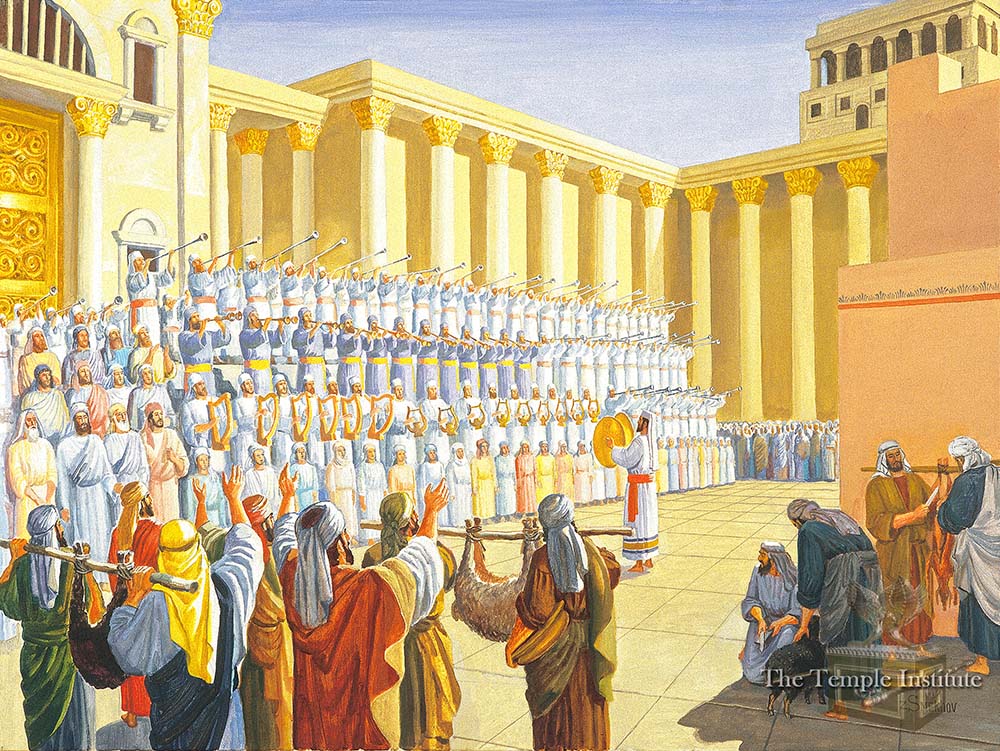This week’s parasha, Ekev, begins with God’s promise to Israel that if we serve Him diligently, He will bless us with abundance and strength. He will allow us to conquer and settle the Holy Land, despite the numerous nations that oppose us. The Torah says that we will inevitably think to ourselves: “These nations are more numerous than I; how will I be able to drive them out?” But Hashem assures us:
You shall not fear them. You shall surely remember what the Lord, your God, did to Pharaoh and to all of Egypt. The great trials that your eyes saw, the signs, the wonders, the mighty hand, and the outstretched arm with which the Lord, your God, brought you out. So will the Lord, Your God, do to all the peoples you fear. And also the tzira’ah, the Lord, your God, will incite against them, until the survivors and those who hide from you perish.
You shall not be terrified of them, for the Lord, your God, Who is in your midst, is a great and awesome God. And the Lord, your God, will drive out those nations from before you, little by little. You will not be able to destroy them quickly, lest the beasts of the field outnumber you. But the Lord, your God, will deliver them to you, and He will confound them with great confusion, until they are destroyed. (Deuteronomy 7:18-23)
There is no reason to fear the numerous multitudes of enemies. Yes, they dwell in the land, but “little by little” God will drive them out. He will confound them and they will destroy each other. This passage is of tremendous significance to keep in mind as we continue to see the intense drama in the State of Israel unfold before our eyes. Continue reading →

